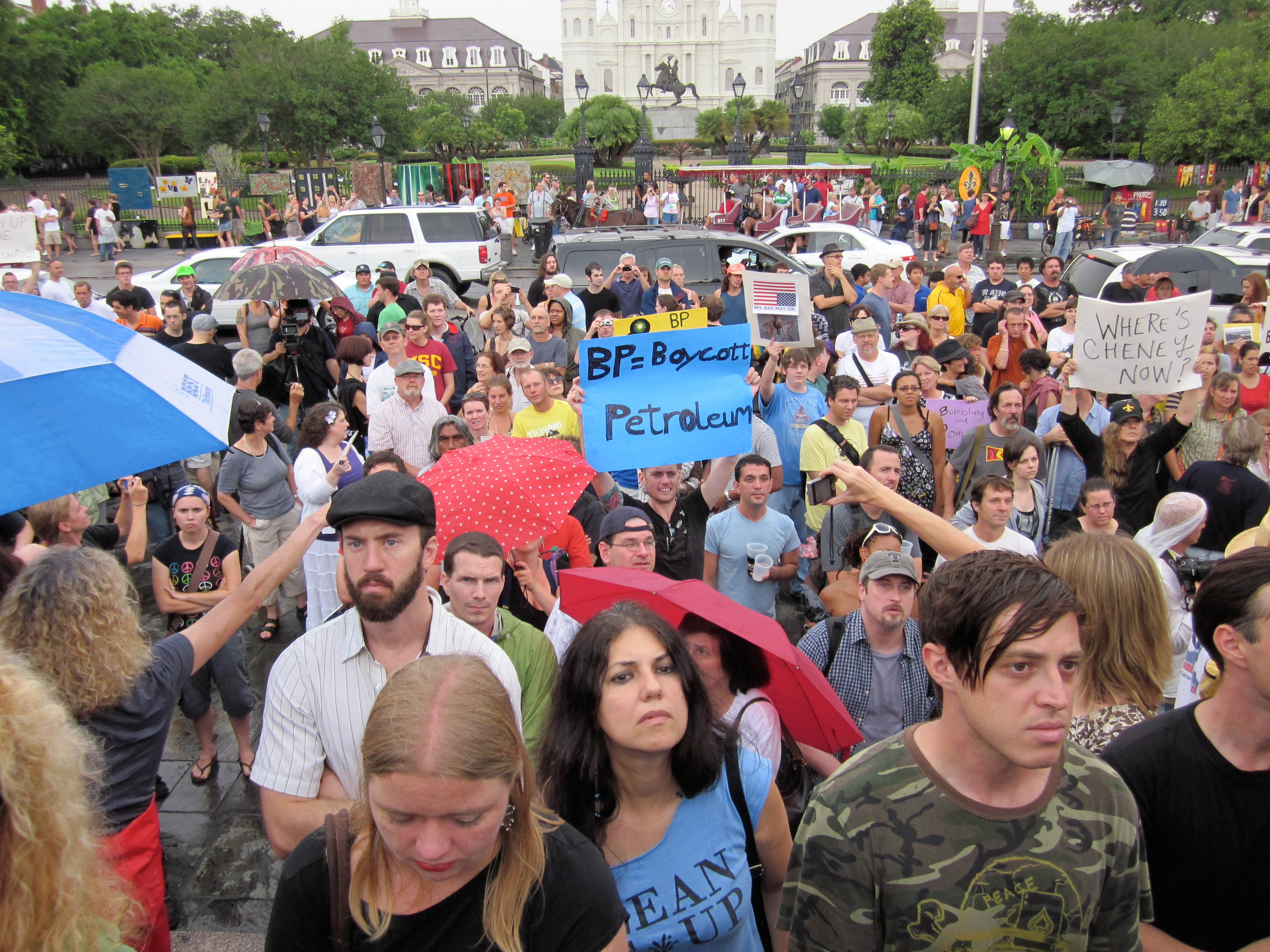by Matthew Pertz, Opinion Editor
Last issue, the Collegian ran a story about the controversies and boycotts around Disney’s first openly gay character in the live-action remake of “Beauty and the Beast.” Many Christian moviegoers and Christian-owned theaters boycotted the movie because they believe it clashes with biblical principles.
Boycotts are essential to understanding American history. The Boston Tea Party catalyzed the American rejection of British products and the Revolutionary War. The Montgomery Bus Boycotts piqued national interest in integration. In 1980, Jimmy Carter spearheaded a U.S. boycott of the Moscow Olympics due to Soviet aggression in Afghanistan, a favor which the Russians returned by skipping the 1984 Games in Los Angeles.
Recently, boycotts as a whole have shifted from citizens taking on a nation or institution to citizens challenging individual groups or companies, with issues generally falling along political lines. The NCAA and PayPal removed their businesses from North Carolina after the state passed a law that forces transgender people to use the gender on their birth certificates. Some liberals stopped wearing New Balance shoes after the company’s CEO publicly supported Trump, while some conservatives dropped Target after the company promoted a new pro-transgender bathroom policy.
Most notably, Starbucks has been boycotted several times for various reasons: the company pledged to hire 10,000 refugees and scrapped wintery cups in favor of a red ombré, while individual baristas were targeted after refusing to write a customer’s name as “Trump.” Conservative Twitter accounts have spread the movement by promoting #BoycottStarbucks for over a year and a half.
But did the boycott change the corporate behavior of Starbucks? The company reported seven percent growth in the first fiscal quarter of 2017. That number can be spun either way depending on how one feels about the protests. Seven percent was stronger than most other restaurants but fell short of previous quarters.
The spin is not exclusive to statistics: many Twitter accounts have linked to blatantly false news articles claiming Starbucks CEO Howard Schultz announced his retirement in response to conservative backlash to his refugee pledge; Schultz, who is stepping down April 1, actually informed the public of his decision a full month before debuting the refugee policy.
The numbers on Beauty and the Beast are more straightforward: the film grossed $174 million in its opening weekend, placing itself as sixth biggest opening weekend ever. IMDb reports that the movie opened in 4,210 theaters nationwide, a number comparable to other blockbusters, thus proving that only a few theaters thought a singular gay character was worth dropping the film.
The clear failure of the Disney boycott highlights the modern dilution of organized protest. Attacking a business for a polarized political belief makes it difficult to affect any real change. All of the partisan efforts mentioned above failed because they were fighting for political ends. Notice the similarities between the boycotts mentioned in the second paragraph: all of those people fought for ideals and morals. There’s a significant difference in fighting taxation without representation, institutional racism and communistic authoritarianism as opposed to fighting a three-second scene of two men dancing and a change in cup art. For a boycott to succeed, the boycotters must be fighting for a truly worthy ideological cause, not a partisan aim.


